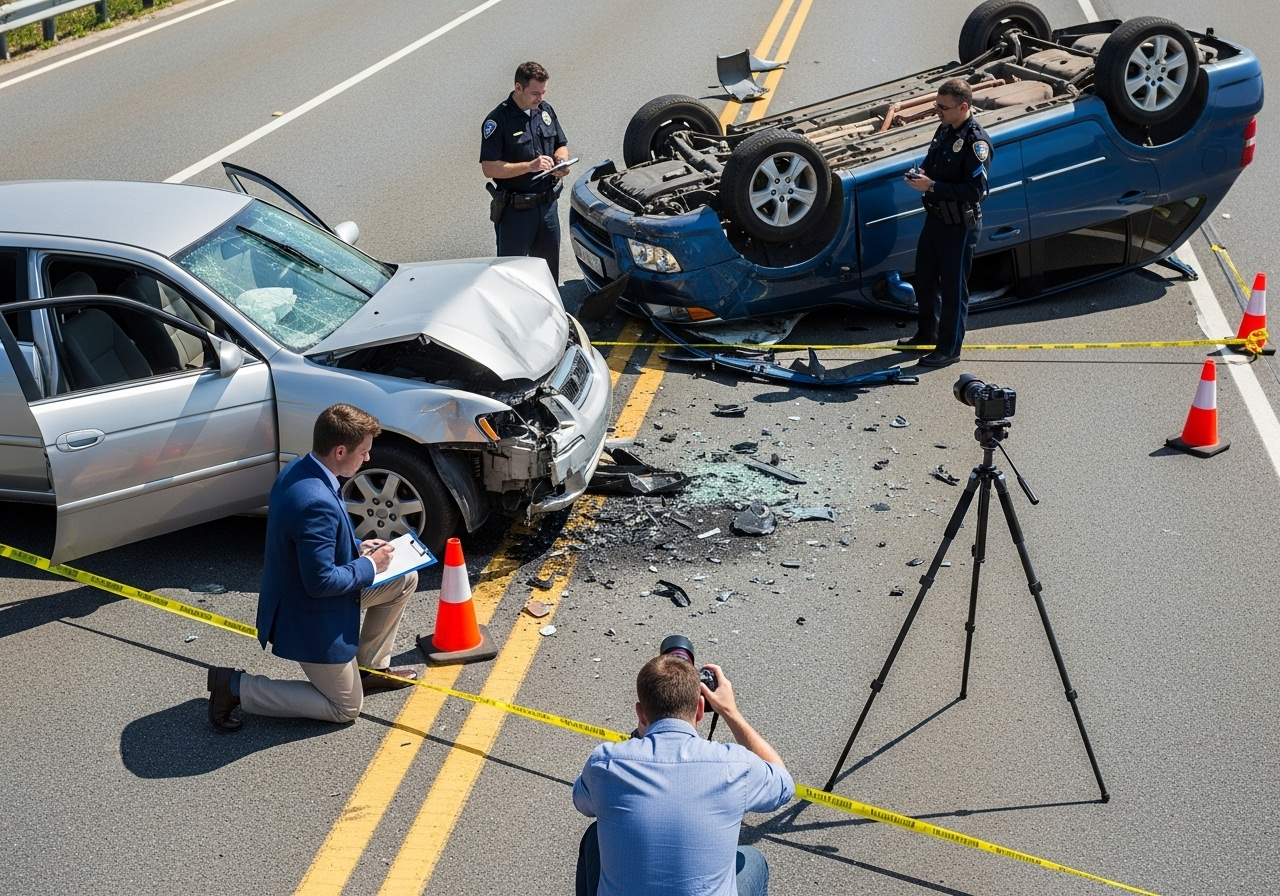Complex Rideshare Accident Claims
Uber and Lyft accidents present unique legal challenges due to complex insurance coverage that depends on the driver's status at the time of the accident. Whether the driver was waiting for a ride request, en route to pick up a passenger, or actively transporting passengers determines which insurance policies apply and the available coverage limits.
Rideshare accidents often involve multiple insurance companies, including the driver's personal auto insurance, the rideshare company's commercial coverage, and potentially other drivers' insurance policies. Determining liability and securing fair compensation requires understanding the intricate relationships between these various insurance policies and the specific circumstances of your accident. Our experience with rideshare accident cases ensures that all available insurance coverage is identified and pursued to maximize your recovery.


Understanding Rideshare Insurance Coverage
Rideshare insurance coverage operates on a three-phase system that determines which policies apply based on the driver's activity status. Understanding these phases is crucial for identifying available coverage and pursuing maximum compensation.
Phase 1 occurs when the driver is offline or the app is off, relying on personal auto insurance. Phase 2 begins when the driver is online and waiting for ride requests, with limited rideshare company coverage. Phase 3 provides full commercial coverage when the driver is en route to pick up passengers or actively transporting them. We thoroughly investigate the circumstances of your accident to determine which phase applies and ensure that all available insurance resources are accessed to compensate for your injuries, medical expenses, lost wages, and pain and suffering.
Common Rideshare Accident Scenarios
Rideshare accidents can occur in various situations, each presenting different liability and insurance coverage issues. Understanding these scenarios helps determine the applicable laws, insurance policies, and legal strategies for your case.
- Passenger Injuries: When you're injured while riding in an Uber or Lyft vehicle
- Other Vehicle Collisions: When a rideshare driver causes an accident with your vehicle
- Pedestrian Accidents: When a rideshare vehicle strikes a pedestrian
- Cyclist Incidents: Collisions between rideshare vehicles and bicyclists
- Dooring Accidents: When passengers or drivers open doors into traffic
Why Choose Boone Moyle Law?
- Experience with rideshare cases
- Understanding of complex insurance issues
- Proven track record of success
- No fees unless we win